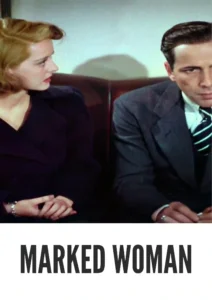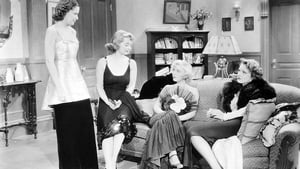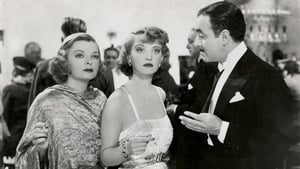Video Sources 0 Views
- Watch trailer
- Marked Woman 1937 Colorized


Synopsis
Table of Contents
ToggleThe Dark Side of Glamour: Marked Woman (1937) in Stunning Color

Step into the smoky nightclubs and dangerous streets of 1930s New York with Marked Woman, a gripping crime drama from 1937, now beautifully colorized for a captivating viewing experience. Starring the legendary Bette Davis and Humphrey Bogart, this film delves into the lives of women caught in the web of organized crime. Perfect for fans of classic gangster movies and powerful performances, this HD download brings a forgotten tale of courage and resilience to your screen. The movie was sometimes referred to with working titles such as Racketeers and Those Women.
Marked Woman Storyline: Fighting Back Against the Mob
Marked Woman tells the story of Mary Dwight (Bette Davis), a nightclub hostess working in a world controlled by ruthless mob boss Johnny Vanning (Eduardo Ciannelli). Mary and her friends live a glamorous life on the surface, but they are constantly under threat from Vanning and his thugs.When one of Mary’s friends is brutally murdered after testifying against Vanning, Mary and the other women decide to take a stand. With the help of a determined prosecutor, David Graham (Humphrey Bogart), they risk everything to bring Vanning to justice. The film is a powerful portrayal of female solidarity and courage in the face of overwhelming odds. Marked Woman is a thrilling and thought-provoking crime drama that showcases the strength and resilience of women in a male-dominated world.
Movie Cast
The film features a stellar cast of actors who bring this dramatic story to life:
- Bette Davis as Mary Dwight
- Humphrey Bogart as David Graham
- Eduardo Ciannelli as Johnny Vanning
- Jane Bryan as Betty Strauber
- Lola Lane as Gabby
Movie Genre
Marked Woman falls into the genre of gangster/crime drama, with elements of film noir and social commentary. Its gritty atmosphere, compelling characters, and exploration of serious social issues make it a standout film of the era.
Historical Context: Inspired by True Events
Released in 1937, Marked Woman was inspired by the real-life experiences of Lucky Luciano’s prostitution ring trial. The film reflects the growing public awareness of organized crime and its impact on society. Marked Woman is a powerful example of Hollywood’s willingness to tackle controversial subjects and shed light on the dark underbelly of American life.
Colorization Details
This colorized version of Marked Woman has been meticulously restored using modern digital techniques, enhancing the visual appeal while preserving the film’s original atmosphere of danger and intrigue. The colorization process involved carefully analyzing the grayscale tones of the original black and white footage and assigning appropriate colors to each scene. While the specific software used remains proprietary, the techniques employed included advanced algorithms for color palette selection and image enhancement. This painstaking process brings new life to the characters and settings, making the story even more engaging for modern audiences.
Technical Details
- Director: Lloyd Bacon
- Screenplay: Robert Rossen, Abem Finkel
- Story: Robert Rossen
- Cinematography: George Barnes
- Edited by: Jack Killifer
- Production Company: Warner Bros.
- Distributed by: Warner Bros.
- Runtime: 97 minutes
Technical Specifications
- Download Format: MP4
- Resolution: HD (1080p)
- Compatibility: Compatible with most devices, including smartphones, tablets, computers, and smart TVs.
Reviews and Critical Reception
Marked Woman (1937) is considered a powerful and influential crime drama, praised for its strong performances, gritty realism, and social commentary. Bette Davis’s portrayal of Mary Dwight is particularly memorable, showcasing her talent for portraying complex and resilient women. The film remains a relevant and compelling exploration of the challenges faced by women in a male-dominated world.
FAQs
- Q: What is Marked Woman about?
- A: Marked Woman is a crime drama about a group of nightclub hostesses who take a stand against a ruthless mob boss.
- Q: Is Marked Woman (1937) based on a true story?
- A: Yes, the film was inspired by the real-life experiences of Lucky Luciano’s prostitution ring trial.
- Q: Is this version of Marked Woman colorized?
- A: Yes, this version has been professionally colorized to enhance the viewing experience.
- Q: What makes Marked Woman a significant film?
- A: Marked Woman is a powerful example of Hollywood’s willingness to tackle controversial subjects and shed light on the dark underbelly of American life.
- Q: What is the download format?
- A: The download format is MP4, which is compatible with most devices.
- Q: What resolution is the download?
- A: The resolution is HD (1080p), providing a high-quality viewing experience.
Download Now in HD!
Watch Marked Woman Today!












